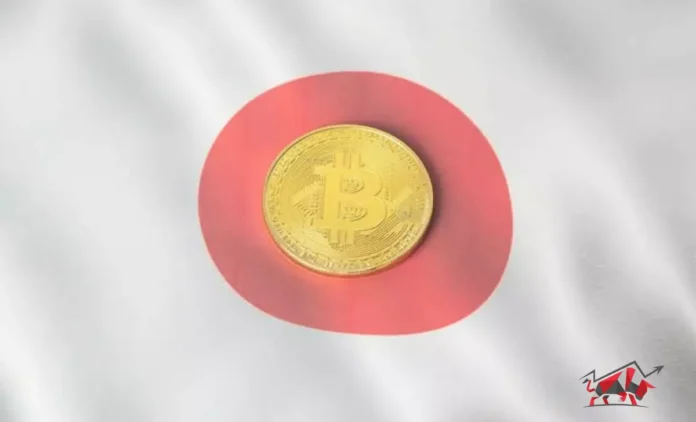In a bid to enhance domestic investments into Web3 startups, Japan has greenlit a move allowing limited partnership (LP) firms to acquire and hold crypto assets.
The Ministry of Economy, Trade and Industry (METI) in Japan has given the nod to a bill aimed at fostering new businesses and industries through increased domestic investments. The amendment spans across four key acts, including the Act on Investment LP Agreements.
Japan’s Amendment Details
The revised bill outlines measures such as the inclusion of crypto assets among the assets permissible for acquisition and holding by investment limited partnerships (LPs). This amendment opens doors for LPs in Japan to invest in medium-sized companies and startups involved in cryptocurrencies, with a share in the venture’s profits.
With this regulatory shift, the Web3 community in Japan anticipates a surge in homegrown crypto and blockchain startups. Previously, Japanese VCs were restricted from investing in crypto assets, leading many Web3 startups to seek support from overseas investors.
Masaaki Taira, a member of the House of Representatives, heralded the development, stating, “Cabinet decision has been made! Measures will be taken to add crypto assets to the list of assets that can be acquired and held by investment limited partnerships (LPS).”
Further Amendments
Apart from the amendment concerning LPs, revisions in acts like the Industrial Property Information and Training Center Act, the New Energy and Industrial Technology Development Organization Act, and the Industrial Competitiveness Enhancement Act underscore Japan’s commitment to fostering innovation and bolstering domestic investment.
In tandem with these efforts, Japan is actively addressing legal hurdles associated with the issuance of a digital yen, slated for the spring of 2024. While neither the Bank of Japan (BoJ) nor the government has officially confirmed the digital yen’s launch, decisions are pending national discussions, expected no earlier than 2026, as per a report released on Jan. 26.


